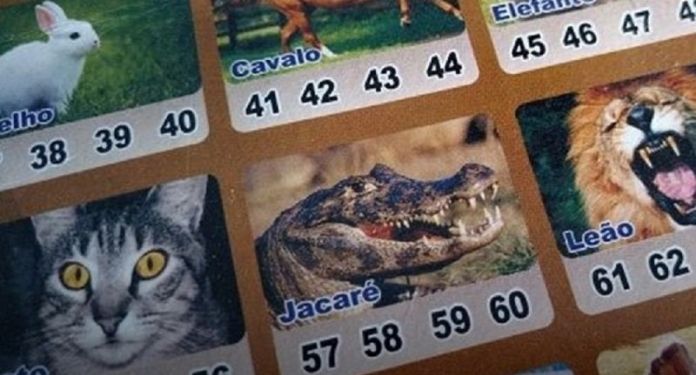In February we will have one of the first discussions of the legislative recess, which will address the bill that intends to legalize gambling in Brazil. The Gaming Regulatory Framework in Brazil is a proposal that aims to regulate modalities such as casinos and animal games, however, the proposal has been facing resistance among deputies.
In the chamber, the deputies of Ceará are divided between those who want to wait for the discussions in plenary before taking a position on the matter, and those who defend that the animal game is already part of the culture in the country and that regularization can be extremely positive, both to guarantee the rights of players and workers and to collect taxes.
The regulation of the Jogo do Bicho and its benefits
The Jogo do Bicho, which was banned in 1941, is one of the modalities that is in the Regulatory Framework for gambling. Despite being banned, the modality continues to occur clandestinely in several regions of Brazil.
According to some congressmen from Ceará, the regulation will provide more security for players and workers, where the Public Power will achieve a more effective inspection of this type of game.
Danilo Forte, deputy of the PSDB, comments that “for 70 years, people have been trying to end the animal game and no one has succeeded”, because the modality ends up being a “including a cultural reality”.
Still on the subject, Eduardo Bismarck, from PDT, adds that, with the approval of the proposal, the objective will be the transparency of the process and the inspection of these establishments: “What we want is for these people to create CNPJ, for us to know the owners, to be able to inspect if they are acting illegally or if it’s just a low-value game”.
All games will be regulated and supervised by an agency linked to the Union, according to the text of the article. If the law is passed, the agency will be created by means of a later law; the agency will be responsible for registering companies and managing games and casinos.
With a focus on providing security for the randomness of the results, the so-called “Gaming and Betting Operators” would be obliged to guarantee transparency in the functioning of the games.
Liberation of casinos can generate jobs and stimulate tourism
One of the main arguments in favor of releasing casinos is that the tourist segment would receive a new stimulus in the country, generating jobs and opportunities.
Deputy Pedro Bezerra, from the PTB, says that the regularization will create “opportunity in places where there is potential”, mainly for the tourism sector, which currently needs a new stimulus. The text also establishes that casinos must be created in complexes with high standard hotel accommodations, with a focus on attracting tourists and new players.





















































